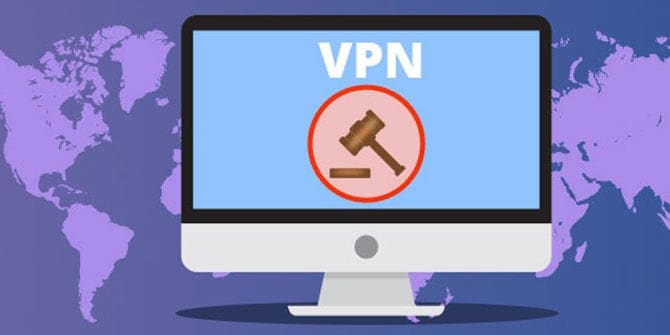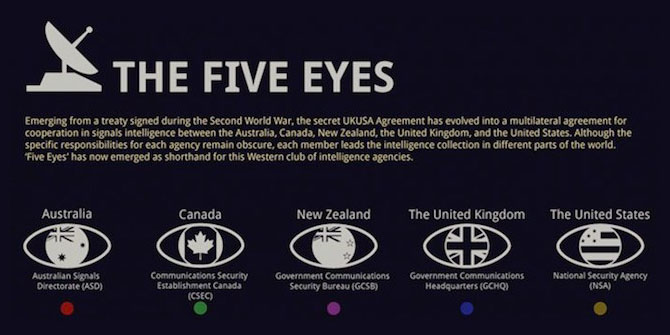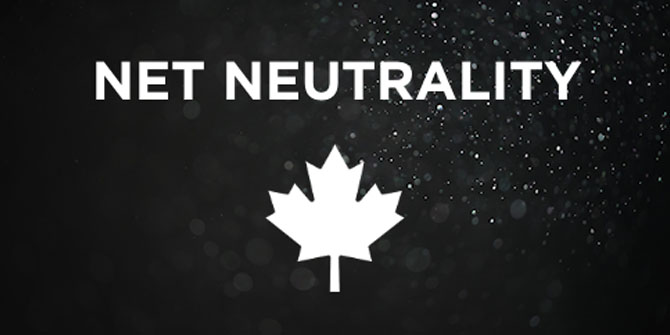Privacy Canada is community-supported. We may earn a commission when make a purchase through one of our links. Learn more.
RockYou2024 Serves as a Wake-Up Call: Protect Your Online Passwords Today
If you’ve heard the term “RockYou2024,” you probably already know it has to do with data leaked passwords. The largest leak of them in history, actually, with nearly 10 billion passwords exposed on a popular criminal hacking site. Stressful as this all is, there are actions you can take to protect yourself. We’ll cover all the steps to protect yourself, your personal information, and how Privacy Canada can help.
Looking for a reliable VPN? Check out NordVPN
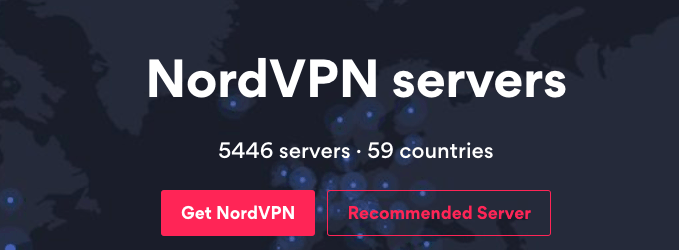
How to Protect Your Passwords from Online Hackers
Compromised password leaks could make you susceptible to credential stuffing attacks, where someone uses illegally acquired passwords and tries to log into multiple accounts. If you use the same password for your Amazon account and your credit card company, you’re doubly vulnerable. If you’re worried about your password security, don’t worry, we’re here to help. Here are some quick tips:
✅ Use a reputable VPN with advanced privacy and security services, such as NordVPN.
✅ Update your passwords as needed and don’t use the same ones for multiple log-ins.
✅ Always opt for two-factor authentication.
✅ Use a password manager.
✅ Keep up to date with the latest privacy practices and cybersecurity methods.
✅ Look out for suspicious activity on your accounts.
✅ Use a reputable online privacy service, such as Privacy Canada, which can offer password security and other important tools.
We’ll get into more detail on each of these points further down.
RockYou2024 Leak Explained: Here’s What You Need to Know
RockYou was originally a company founded in 2005 that made widgets for Myspace. They later bought the rights to classic video games, so they could make revenue from in-game ads. They stored user data, such as passwords, in plain text, which made them extra vulnerable to cyber threats.
In 2009, they experienced a huge password breach from 32 million user accounts — the plain text data was easy to access, thanks to a vulnerability a hacker discovered. Despite the company closing down in 2019, in 2021 another password breach occurred (this time 8.4 billion), as revealed on a popular hacker forum. Though the password data came from numerous sources over time, the “RockYou,” moniker stuck, as it does to this day with RockYou2024, even though the company is gone.
Why Is the RockYou2024 Password Leak A Problem?
After the 2009 data breach, a wordlist was created from the exposed passwords. This RockYou.txt wordlist has become a valuable tool for ethical hackers who want to improve their password cracking tactics. It is a representation of real passwords from millions of users, making it a highly realistic source to test network security and determine weak, unsafe passwords.
Unfortunately, cybercriminals also use this source to better hone their hacking skills, meaning they can learn the most common password data and how to exploit it. They can use the list as a source of frequently used passwords against accounts to try to break into them. The 2024 breach leaked nearly 10 billion passwords, making it the largest in history. Luckily, (if we can put it that way), the data comes from numerous breaches from past exploits — so hopefully, most have been updated by now. Still, plenty of people rarely change their login information, or use it across multiple accounts. Cybercriminals now have a huge resource for finding reused or weak passwords.
Use Our Top Tips and Protect Your Online Passwords Today
Whether your password appeared in the data leak, or not, it’s still vital to take protective steps for your log-in information. Here’s how to secure your accounts.
A secure and reputable VPN is a must-have
A VPN is a secure, virtual private network that encrypts your identity, browsing data, location, etc. It masks your IP address too, providing anonymity. Many VPNs come with additional tools, such as:
- Password managers
- Dark web monitors (for account compromised alerts)
- Stops malware and web trackers
- Dedicated IP
- Private DNS
We’re always on the lookout for excellent VPNs, so if you’re looking for a reliable one, have a look at our reviews on the best VPNs in Canada. For example, NordVPN offers a whole host of helpful resources to help you protect your online data.
Looking for a reliable VPN? Check out NordVPN
Make a habit of changing your passwords regularly
Old industry standards advise frequently changing your password, and in the case of a suspected password breach, you absolutely should, right away. That said, the practice of changing your passwords every 90 days is starting to fall out. NIST (The National Institute of Standards and Technology), recommends resetting your passwords once per year, or as soon as you’re aware of a data leak, such as with RockYou2024.
The reason for NIST’s change is that too many people make their passwords a variation of their old one, so they can easily remember it each time they change it. Hackers know this and quickly guess modifications. When choosing a new password:
- Make it completely different from your old one, don’t reuse any variation of the same word or numbers
- Don’t use the same password in multiple accounts
- Don’t use predictable data for your password (date of birth, address, family member’s name, etc.)
- Change your password every year
- Change your password as soon as you’re aware of a potential data breach
Avoid using the same password for multiple accounts
With so many characters to remember, it’s very common for people to just use the same password for multiple log-ins. We get it, this is just easier to manage. The problem is, this automatically increases your vulnerability. If a hacker finds just one of your passwords and tries it against various accounts, you’re much more at risk.
Use two-factor authentication for extra security
For those who aren’t aware, two-factor authentication protects you in the case of a compromised password. It requires not just your password, but some other identifying data to access your account, such as a numerical code that is sent via text or emailed to you. When you get the option for two-factor log-ins, do it. Yes, it’s a pain, but it’s incredibly worth it.
A good password manager can add to your online security
Using a good password manager negates the need for simplistic, repetitive passwords. This tool helps users create strong passwords and makes it easy for them to save and manage them on various websites. The log-in data is kept in a password vault that the manager tool can access, giving it extra protection while giving you easy access too. The best password generators use bank-grade encryption to keep your information extra secure. Do your homework and only choose the most highly regarded password managers. In most cases you’ll find, the less secure ones have been hacked in the past.
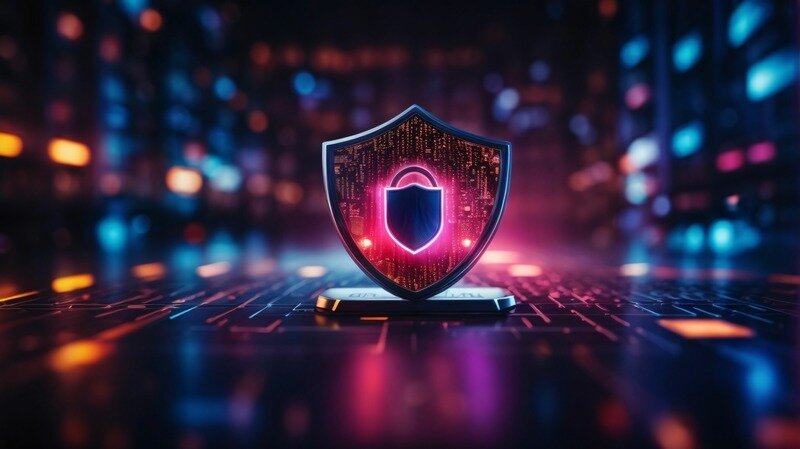
Keep up with cybersecurity news and best practices
Keeping your ear to the ground in terms of cybersecurity is a necessary life skill. You don’t have to become an expert in all things, but knowing the best steps to take for online privacy and safety will keep you protected like nothing else.
Keep abreast of current phishing scams, malware, data breaches, etc. Learn how to identify what makes an email look suspicious, or even what the latest phone scams are, as some of them can be pretty convincing. Alert any less tech-savvy family and friends to important updates, as they can be especially vulnerable.
Be vigilant: Look for suspicious activity in your accounts
Check your accounts frequently to look for unusual activity, including small bank charges, email address changes you didn’t make, or log-ins you don’t remember. Many companies allow you to set up alerts for suspicious activity, such as when your credit card has a high purchase. If you have the opportunity to receive such alerts, opt in.
Use a safe and trusted online privacy service
Having a reliable privacy service can be a huge boost to your data protection. Privacy Canada has a host of important tools that provide benefits like:
- Secure browsers
- Home security
- Antivirus software
- Private search engines
- Strong password generator
- Malware scanners
- Secure emails
If you’d like to find out more about how to secure your online presence, our blog is also a great resource for staying up to date on security news, privacy events, VPNs and so much more.
Our Final Thoughts on RockYou2024 and Online Password Safety
The “RockYou2024” incident highlights the importance of securing your passwords from cyber threats. With nearly 10 billion passwords exposed, it’s crucial to take proactive steps to safeguard your personal information. Use our recommendations and use helpful tools like Privacy Canada’s Strong Password Generator, so you can significantly enhance your online security. Stay vigilant and protect your digital life today.
FAQ
Q: How do I know if my password appeared in leak lists?
A: There are a few ways to determine if your password has been compromised:
- If you’re already using a password manager, such as Strong Password Generator, many of them have alerts that your password has been found in a data leak
- Use your Google account Password Checkup for Chrome browser specific log-ins
- Once the leaked password list becomes more publicly available, you may be able to access the list to see if your password is on it
- See if your VPN offers password managers, such as with NordVPN. They have a data breach scanner that identifies if your password has been compromised
Q: What is the biggest password leak so far?
A: RockYou2024 is currently the biggest password leak, with 9.9 billion plain text, unique passwords exposed.
Q: How was the RockYou2024 password breach exposed?
A: It was revealed on a popular hacking forum by a user going by, “ObamaCare.” They posted a file called “rockyou2024.txt,” on July 4th, which contained the plain-text passwords from a variety of older and newer data breaches, compiled into one massive list. The passwords were from users, world-wide.
Q: How do I keep my passwords safe?
Keeping alerted about the latest password breach is a good start. Other ways:
- Updating passwords as needed or every year
- Using unique passwords for each account
- Using a password manager
- Two-factor authentication
- Using a VPN service to encrypt your data
- Using privacy tools, like those offered by Privacy Canada, to enhance data security
Too few companies safeguard your data. In the end, it’s you who pays the price. Protecting your personal information is the best counter for the alarming number of cyber vulnerabilities out there. Luckily, there are lots of valuable resources to help keep you safe, such as those Privacy Canada provides.



